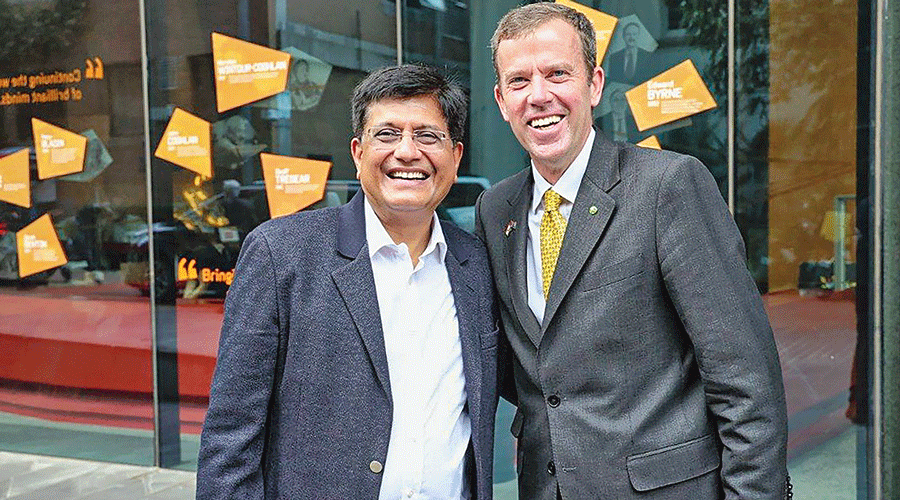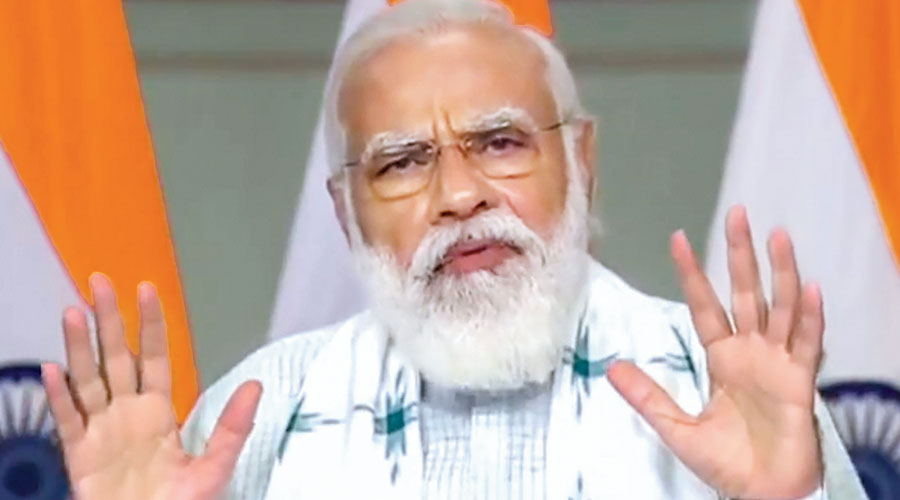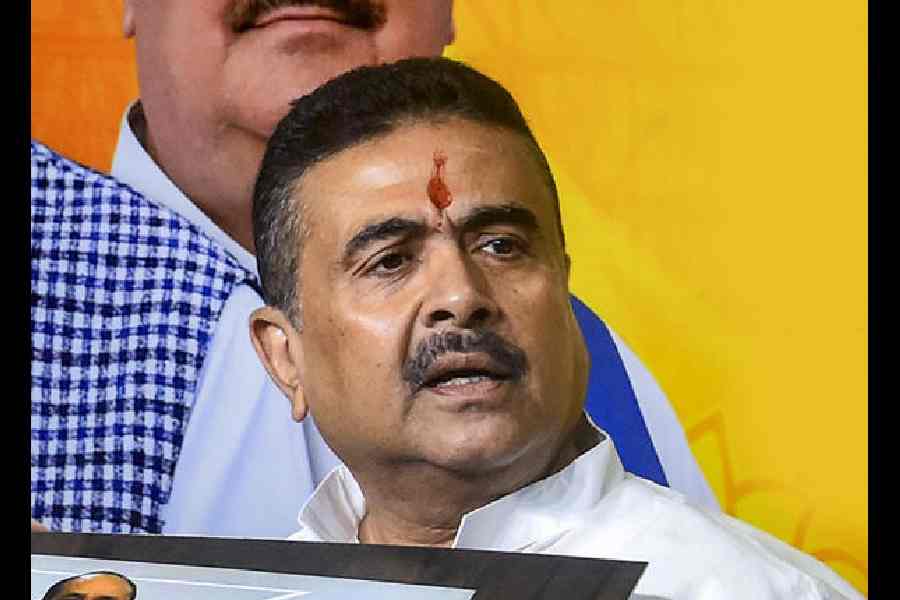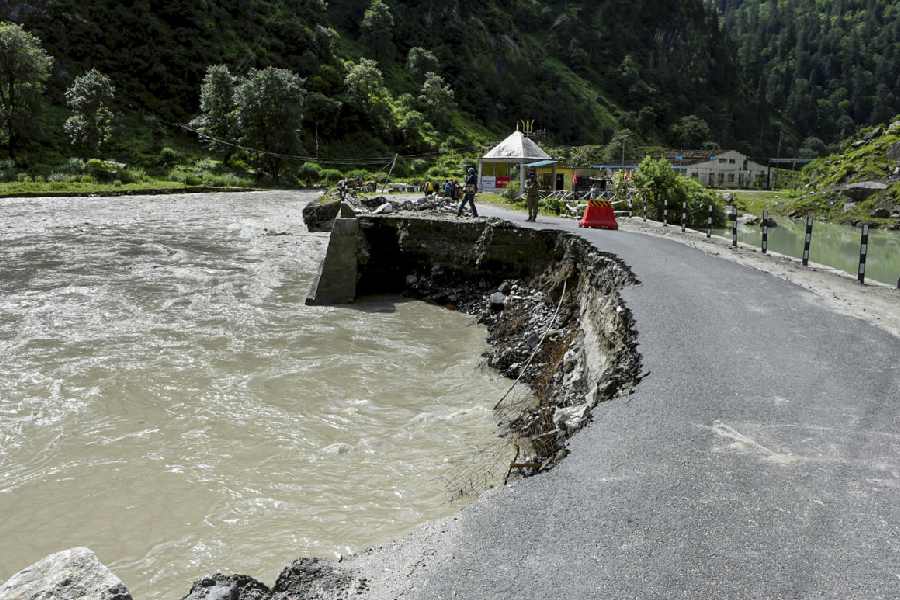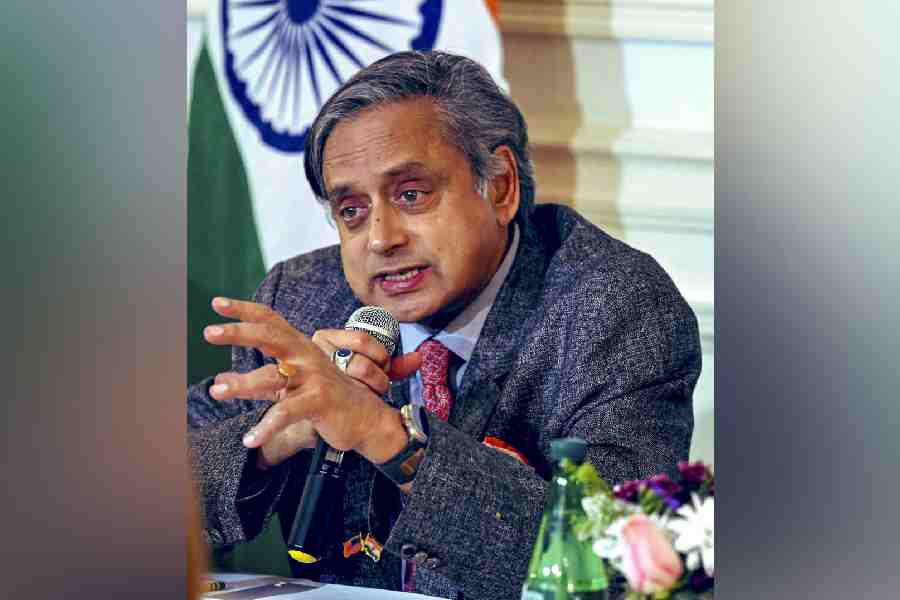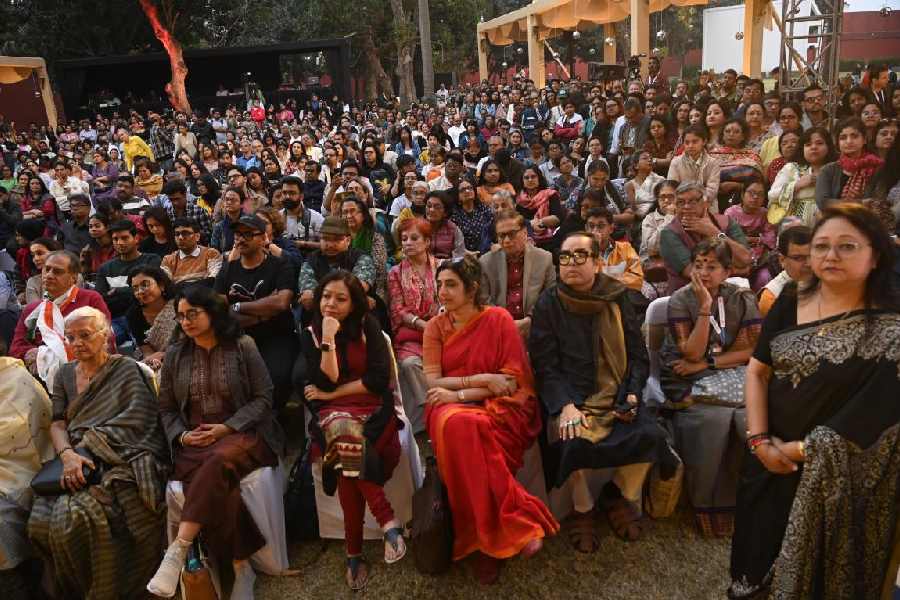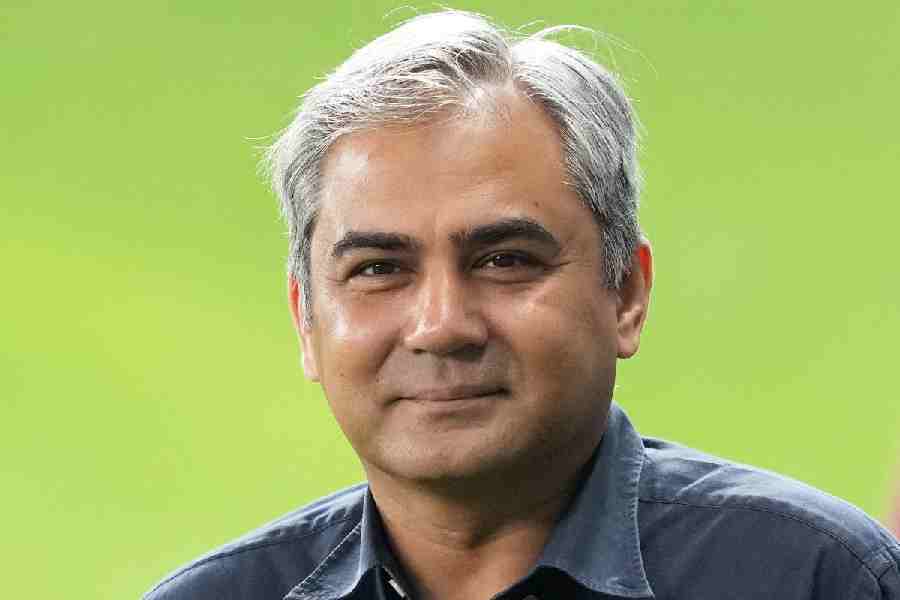A spate of resignations from the Melbourne-based Australia India Institute (AII) over its new focus on the bilateral relationship than on the study of India has brought the spotlight on the Narendra Modi government’s efforts to control the narrative overseas.
Although the AII has officially clarified that there is no interference from the Indian high commission in Canberra, the controversy has refused to die down in Australia a fortnight later, feeding on instances of the Indian government frowning on academic work that exposes the country’s warts.
Diaspora news portals in Australia, which broke the story of 13 fellows of the AII resigning about a fortnight ago expressing “serious concerns about the vision and governance of Australia India Institute”, continue to track the story. As of Saturday, the number of resignations had gone up to 16.
“Those of us with affiliations to the AII are resigning from our positions as Academic Fellows of the Institute. We take this action after several years of repeated unsuccessful efforts to effect change,” the fellows wrote in the resignation letter dated March 29, according to NRI Affairs, an online platform for overseas Indians and South Asians.
According to Priya Chacko, one of those who resigned, the immediate trigger for the resignations was the strategy document for 2022-26, which made it clear that the concerns raised in a letter dated December 15, 2020, had been ignored. Not all the fellows who had signed the letter in 2020 resigned last month.
Chacko is head of the department of politics and international relations at the University of Adelaide’s School of Social Sciences.
“The new strategic vision for the AII, expressed through its 2022-2026 strategy, the events it has recently held, and communication from leadership takes exactly the course that the signatories warned against,” the letter states.
The letter added: “Moreover, this strategic vision was implemented with no meaningful consultation with researchers and other AII stakeholders, not even academic fellows of the AII.”
Chacko told The Telegraph: “There has always been a focus on the bilateral relationship but in the past the mission was broader and included, for instance, a focus on governance.”
The “About” page of the AII website registers the change: “The Australia India Institute is Australia’s leading centre dedicated to enhancing Australia-India relations….”
The section “Our History” shows the AII — founded in 2008 with funding from the Australian government — saying: “The Institute has been dedicated to the study of India, the understanding of contemporary India in Australia, and to the development of the bilateral relationship.”
In the December 2020 letter, the signatories had flagged that the Indian high commission had “routinely communicated its views of scholarly activities in universities”, resulting in some events relating to India being discouraged at the University of Melbourne to which the AII is attached.
These allegations were denied by Sarah Whyte, the AII’s head of strategic communications, when this newspaper contacted her for the institute’s version of the events.
In the letter in 2020, the fellows had said: “At the same time, as scholars of India, we note that the tone or format of some events and activities on India have carried the flavour of propaganda, celebrating the current Indian government and its dominant culture, while excluding or downplaying its age-old secular, liberal or critical viewpoints. These events and practices threaten researchers’ ability to hold open, intellectually-rigorous debates on pressing contemporary events in India and the region.
“The University’s vision for the AII must be broader than the bilateral relationship between governments of the day and fully embrace the value of promoting Australian scholarly engagement with a broad cross-section of Indian universities, schools, NGOs, the media, artists and others in conformity with the values of the University of Melbourne. An AII that is primarily focussed on ‘think tank’-type activities, designed mainly to promote official engagement, will be limited to engaging with institutions that are the preferred choices of the Indian government, and may not take into account the complexity of this billion-strong nation.”
According to another diaspora news portal, South Asian Today, the resignation letter of March 29 cites that change in the AII had begun articulating itself in the form of restrictions on academic freedom. “It backs its apprehensions by disclosing the AII’s denial to publish a piece written by two Academic Fellows that discussed understanding modern attacks on Gandhi after attempts to decapitate his statue in Melbourne came to light last year…. In a separate example, the letter notes an Ear to Asia podcast entitled ‘Caste and the Corporation, in India and abroad’ by the same two fellows was not included on the AII’s website, while those by others were.”
Chacko clarified that the letter did not claim this had been done because of the Indian high commission’s interference. “This was probably self-censorship in anticipation of criticism from the high commission and diaspora. The high commission has in recent years sought to use the AII to promote Indian government programmes and policies and has complained about the AII’s publication of things it did not like.
“BJP supporters in the diaspora have constantly complained about the AII being the ‘anti-India institute’ because, under the previous director, it held events and published academic work that was critical of India.”
Ian Woolford, Hindi lecturer at La Trobe University, had announced on Twitter that he had given up his affiliation with AII “due to concerns over government interference and restrictions of academic freedom”.
Woolford told this newspaper: “This issue is not limited to a single university or country.”
Asked what leverage the Indian high commission had with the AII, Woolford said: “Upper-level university administrators, some who do not fully understand the situation in India, might want to avoid issues that appear to affect student recruitment or hinder their governments’ priorities. At the individual scholar level, some are afraid — either of those administrators, or of being denied visas to India, or of facing violence themselves in India. This is a global fear that the Indian government exploits.”

